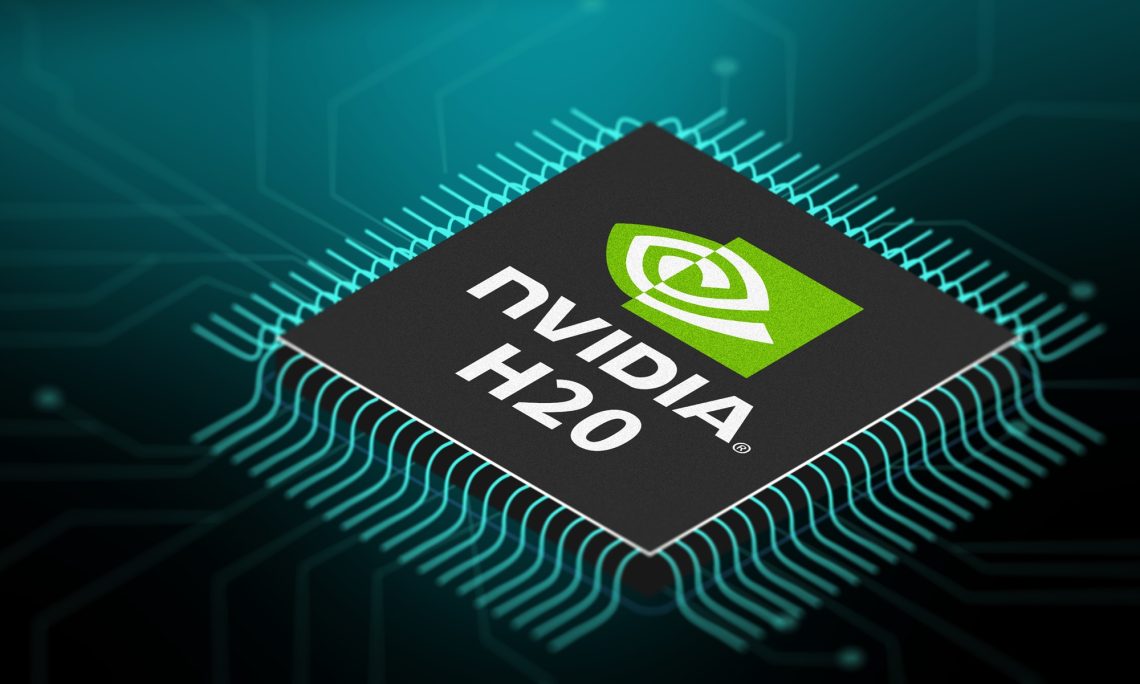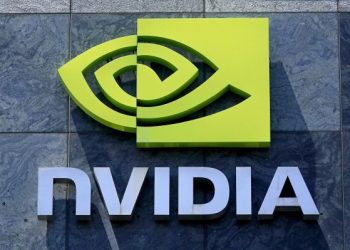Nvidia and AMD have struck an unprecedented agreement with the U.S. government to hand over 15% of their Chinese chip sales revenue in exchange for export licences, allowing them to sell certain advanced semiconductors to China despite existing national security restrictions.
The deal, first reported by the Financial Times and confirmed to the BBC, applies to Nvidia’s H20 AI chip and AMD’s MI308 processor — both designed to comply with earlier U.S. export control rules but still considered potent AI accelerators.
The U.S. had previously banned the sale of high-performance AI chips to China, citing risks that they could be used in autonomous weapons, surveillance systems, and battlefield decision-making tools. A group of 20 security experts recently warned the Biden and Trump administrations that Nvidia’s H20 could still enhance China’s military capabilities.
President Donald Trump dismissed those concerns on Monday, calling the H20 “old” technology. Nvidia said it follows all U.S. rules and has not shipped H20 chips to China for months, but hopes export controls will allow America to “compete in China and worldwide.” AMD did not comment.
Critics have questioned the arrangement, likening it to a “shakedown” or an export tax — something prohibited by the U.S. Constitution. Former Biden official Peter Harrell said, “Charging a fee in exchange for relaxing national security export controls sets a terrible precedent.”
Beijing has previously accused Washington of “abusing export control measures” and engaging in “unilateral bullying.” Nvidia CEO Jensen Huang has spent months lobbying both governments for a resumption of sales, reportedly meeting Trump last week.
Analysts say the revenue-sharing deal underscores the high cost of market access in the escalating U.S.-China tech rivalry. “This creates substantial financial pressure and strategic uncertainty for tech vendors,” said Charlie Dai of Forrester Research.
The agreement comes as Intel’s CEO Lip-Bu Tan met Trump at the White House amid calls for his resignation over alleged China ties — claims he has denied.
With AI semiconductors at the heart of geopolitical competition, the Nvidia and AMD deal highlights how U.S. export policy is evolving from outright bans to financially conditioned access, raising both commercial and strategic stakes in the global chip race.








